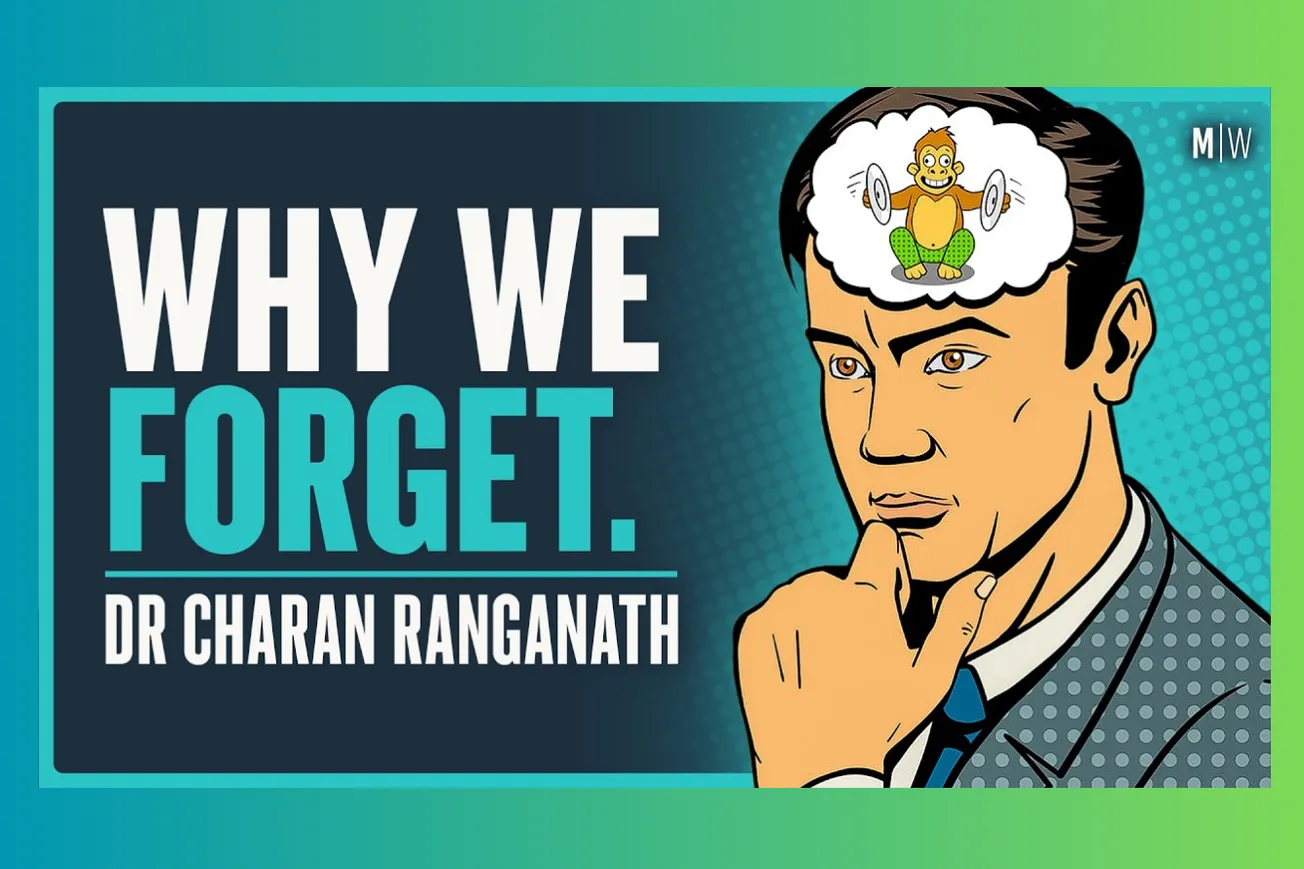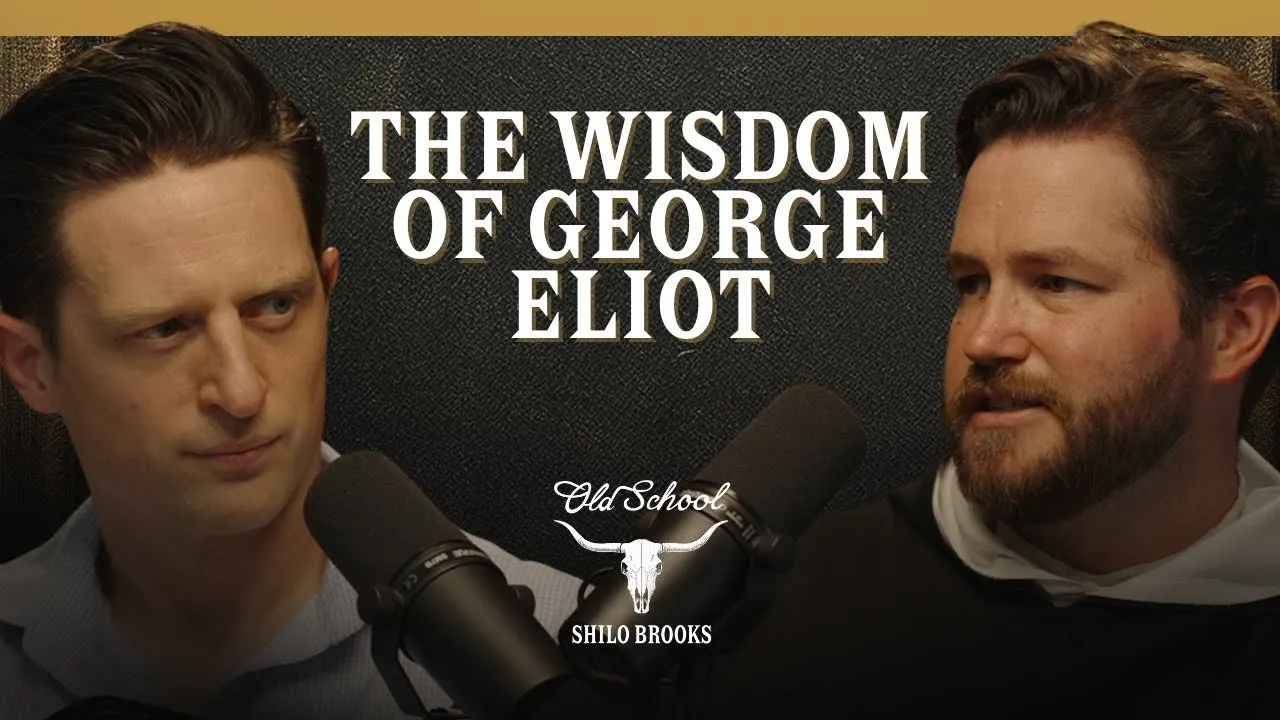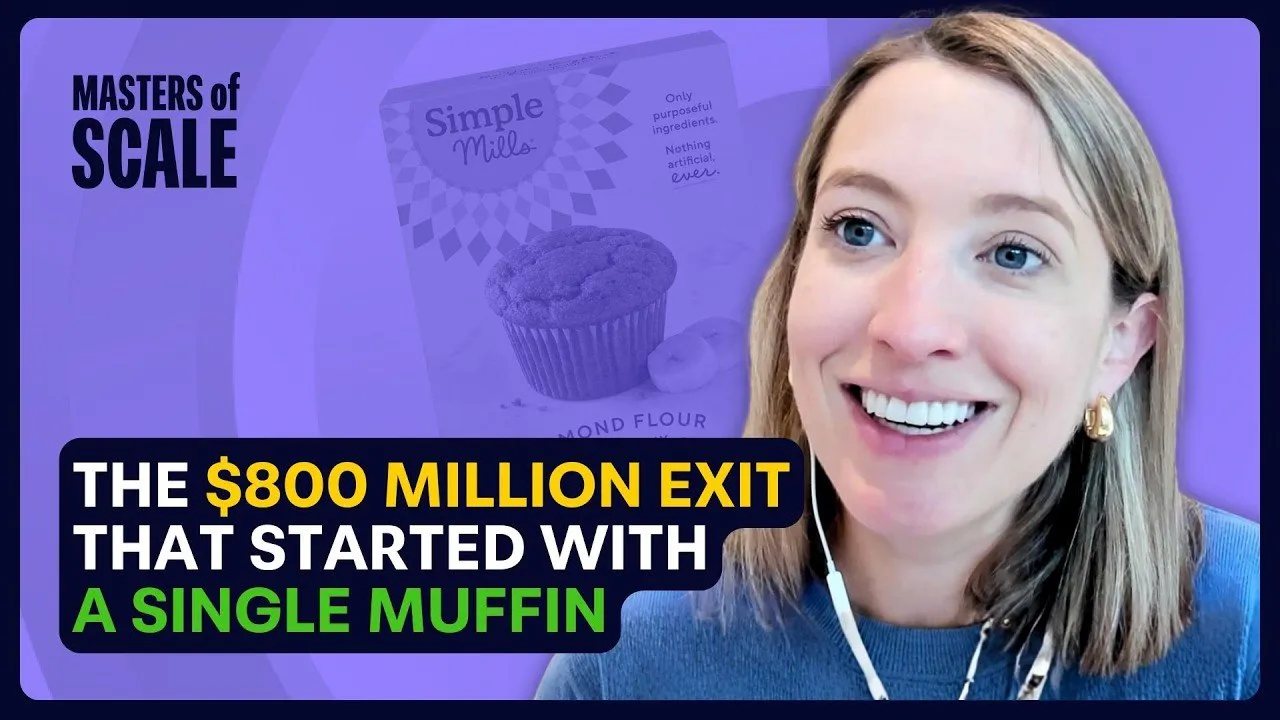Table of Contents
Discover groundbreaking insights from neuroscientist Dr. Charan Ranganath on how memory really works, why forgetting is actually beneficial, and practical techniques to improve focus and recall. Learn the MEDIC framework for better memory, understand why struggling helps learning, and master error-driven techniques that enhance both memory formation and retrieval for lasting cognitive improvement.
Key Takeaways
- Memory isn't about the past - it's for navigating the present and future - Your ability to understand this conversation depends on remembering what was said moments ago
- The "remembering self" makes all major life decisions - We base choices on incomplete memories, not full experiences, which is actually beneficial
- Perfect memory would be torture - People with superior autobiographical memory often describe it as a curse, not a gift
- Struggle improves learning - Error-driven learning strengthens memories more than passive repetition
- The MEDIC framework predicts memory formation - Meaning, Error, Distinctiveness, Importance, and Context determine what sticks
- Memory is reconstructive, not reproductive - We imagine how the past could have been based on fragments, like archaeologists interpreting pottery shards
- Context shapes everything - Your current emotional state determines which memories you can access and how you interpret them
Timeline Overview
00:00 Why is Memory Important? Without memory, people with disorders can't live independently because they can't track recent events or plan ahead
01:23 The Experiencing Self Vs the Remembering Self - The experiencing self lives through everything, but the remembering self only retains fragments and controls major life choices
07:00 Inside the Brains of Super - People with highly superior autobiographical memory show minimal brain differences and don't outperform others in daily life
10:23 How Does Human Memory Work? - The brain forms detailed memories when struggling with novelty or achieving goals, then reconstructs stories from fragments
12:11 What Predicts Whether We Will Remember Something? - Meaning (existing knowledge), Error (struggle), Distinctiveness (uniqueness), Importance (emotional arousal), Context (time/place)
22:24 Similarities Between Memory & Breathing - Like breathing, memory operates automatically but allows deliberate intervention and improvement
26:50 Why Do We Forget Things? - Memories may disappear entirely or remain inaccessible without proper cues
32:43 Fundamentals of Training Memory - Immerse in sensory details, set intentions, eliminate multitasking and phone distractions
36:15 Explaining Error-Driven Learning - The brain updates and improves memories when forced to reconstruct them imperfectly, then corrected
45:29 Experiencing Things Worth Remembering - Ask what you want to remember, then immerse in those specific details rather than trying to capture everything
51:44 Relationship Between Emotions & Memory - Arousing experiences enhance memory for significant details while reducing recall for peripheral information
57:57 Can You Learn Something If You Can't Remember Doing it? - Motor skills, habits, and pattern recognition improve through non-episodic learning that doesn't require conscious memory
1:00:54 Novelty & Intensity For Memory - The brain creates memories when expectations are violated, whether through categorical newness or unexpected intensity
1:04:24 Memory & the Passage of Time - Pandemic lockdowns made days feel slow (few distinctive memories) but weeks fast (inability to recall distinct events)
1:07:46 Myths to Dispel About Memory - The biggest misconceptions are that memory should be effortless and that it's primarily about storing the past
1:11:03 Where to Find Charan - Resources for continued learning
Why is Memory Important?
Memory serves a far more crucial function than simply storing past experiences. Dr. Ranganath reveals that memory is fundamentally about understanding the present and planning for the future. People with memory disorders struggle not because they can't recall yesterday's events, but because this inability prevents them from tracking whether they've eaten recently, stops them from avoiding repetitive conversations, and eliminates their capacity for foresight.
The brain uses memory to answer critical questions: Where am I? When am I? What should I do next? Without this temporal and spatial anchoring, independent living becomes impossible.
The Experiencing Self Vs the Remembering Self
Nobel Prize-winning psychologist Daniel Kahneman's concept of two selves reveals a startling truth: we make most major life decisions based on incomplete information. The experiencing self lives through every moment of a vacation, conversation, or life event. But the remembering self - which controls our choices - only retains a tiny fraction of that experience.
When deciding whether to take another vacation, you don't access the full experience of past trips. You rely on the fragments your remembering self preserved. This seems like a design flaw, but Ranganath argues it's actually optimal - like packing only what you need for a trip rather than everything you own.
The Blessing of Incomplete Memory
Research on people with highly superior autobiographical memory reveals why perfect recall would be problematic. These individuals can recall extraordinary detail from years past - what they ate for breakfast seven years ago, the weather, sports scores. Yet they often describe this ability as "torture" and "something they wouldn't wish on their worst enemy."
Perfect rememberers are plagued by irrelevant and negative details that constantly intrude on their consciousness. Meanwhile, their life outcomes - career success, relationships, daily functioning - are indistinguishable from people with normal memory. The brain evolved to remember what we need, not everything we experience.
The MEDIC Framework for Memory Formation
Dr. Ranganath developed the MEDIC acronym to explain what determines whether experiences become lasting memories:
Meaning: New information sticks when it connects to existing knowledge structures. A soccer expert can instantly memorize complex player statistics because they have mental frameworks for organizing this data.
Error: Struggling to retrieve information strengthens memories more than passive repetition. When you try to recall something imperfectly, then receive correction, your brain updates and reinforces the memory trace.
Distinctiveness: Memories compete with each other. Unique experiences stand out while similar experiences become confusable. Taking mindless photos at events actually impairs memory because you're not attending to distinctive details.
Importance: The brain prioritizes emotionally arousing experiences - whether positive (achievement, novelty) or negative (threat, trauma). These release chemicals like dopamine and cortisol that promote rapid memory consolidation.
Context: Memories are filed by time and place in the hippocampus. Songs can transport you back to specific periods because they serve as contextual cues that unlock associated memories from that era.
Error-Driven Learning
One of the most counterintuitive findings in memory research is that struggling to remember actually strengthens memories. When you attempt to recall something and make errors before receiving the correct information, your brain actively updates and repairs the memory trace.
This explains why driving yourself to a destination creates better spatial memory than being a passenger - you're actively generating predictions and correcting errors. It's why rehearsing lines from memory works better than repeatedly reading them. The effort of retrieval, even imperfect retrieval, forces the brain to strengthen and refine memory pathways.
Memory as Reconstruction, Not Reproduction
Perhaps the most revolutionary insight is that memory doesn't replay the past - it imagines how the past could have been. Brain scans reveal that remembering, imagining, and experiencing activate nearly identical neural networks. We're constantly reconstructing memories from fragments, like archaeologists inferring ancient civilizations from pottery shards.
This reconstructive nature means memories change every time we access them. Current emotional states bias which memories we retrieve and how we interpret them. Depressed individuals preferentially recall negative memories, which reinforces their depression in a vicious cycle. Conversely, positive moods make it easier to access optimistic memories.
The Role of Context and Emotion
Context acts as a powerful memory cue. Walking back to the room where you originally had an idea often triggers recall of that forgotten thought. The hippocampus files memories according to spatial and temporal markers, which is why environmental cues can unlock seemingly lost memories.
Emotions don't simply enhance memory - they increase contrast. Emotionally intense experiences improve recall for central details while reducing memory for peripheral information. A traumatic event might be vividly remembered, but not the color of the carpet or background elements.
Practical Memory Training Fundamentals
Rather than trying to remember everything, focus on remembering better:
Set clear intentions: Ask yourself what specific memory you want to take from an experience before it happens.
Eliminate memory blockers: Stress, fatigue, illness, depression, and multitasking all impair memory formation. Phone notifications are particularly destructive to attention and encoding.
Immerse in distinctive details: Pay attention to sensory information that makes experiences unique - smells, sounds, visual details, emotional states.
Use context strategically: Study or practice skills in varied environments to make memories less dependent on specific cues.
Embrace error-driven learning: Test yourself rather than passively re-reading material. Allow yourself to struggle and make mistakes before checking answers.
Novel Experiences and Memory Formation
The brain creates memories when predictions are violated. This can happen through categorical novelty (visiting a new place) or unexpected intensity (familiar activity at higher stakes). But novelty doesn't require completely new experiences - mindfulness practices help detect subtle changes in familiar environments that create prediction errors and enhance memory.
Even routine activities contain novelty if you attend to details. The world is constantly changing, but we often don't notice because we're operating on autopilot with established predictions.
Memory and Time Perception
Memory profoundly shapes our sense of time's passage. During pandemic lockdowns, people reported that days felt slow but weeks disappeared quickly. Same context creates indistinguishable memories that make individual days drag, but when you reach week's end, you can't recall distinct events, making time feel like it vanished.
People with memory disorders lose their sense of temporal location entirely. Without memory anchors, every day feels like the last day they remember clearly - sometimes decades in the past.
Practical Implications
For Learning: Embrace difficulty. Test yourself frequently rather than re-reading material. Study in varied environments. Create meaningful connections to existing knowledge.
For Daily Life: Set intentions about what you want to remember. Minimize multitasking. Pay attention to distinctive sensory details during important experiences.
For Emotional Wellbeing: Recognize that current mood shapes memory access. Practice recalling positive experiences during difficult periods. Use context changes to shift mental states.
For Relationships: Understand that shared experiences will be remembered differently by each person. Focus on creating distinctive, meaningful moments rather than documenting everything.
For Decision-Making: Accept that you're basing choices on incomplete information. Use external memory aids (photos, journals) strategically to supplement natural recall.
The revolutionary insight from Dr. Ranganath's research is that memory isn't broken when it's incomplete - it's working exactly as designed. By understanding and working with these natural processes rather than fighting them, we can dramatically improve both our learning and our life satisfaction.





